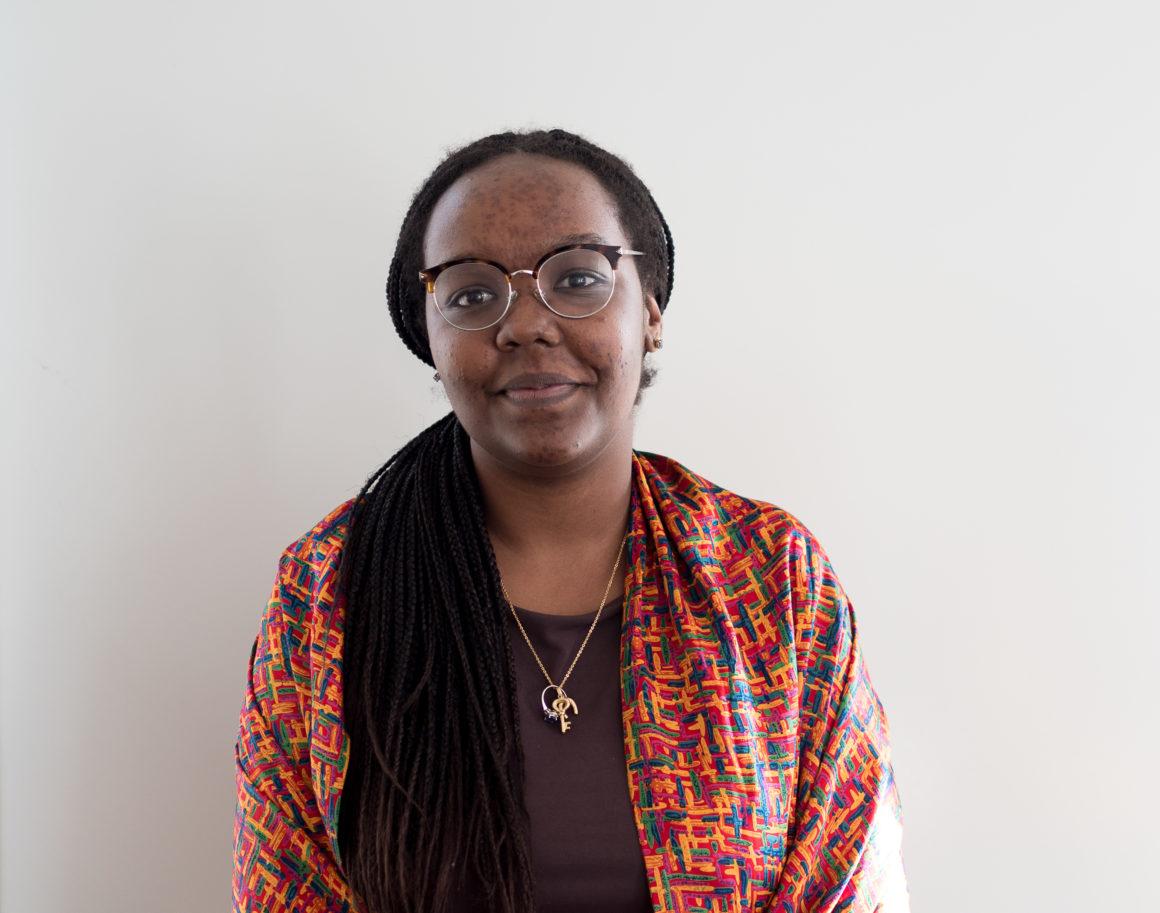
Europe and Africa have had a complicated relationship to say the least. It is a relationship that has been ridden by slavery, colonization, corruption, brutality, collaboration, development and multiple exchanges. The history between the two is well known, but what about the present? For my last article of the semester, I seek to voice what the Euro-Africana relationship has been like, what it currently is and what it could be.
First off, I am highly aware of the complexities within the African and European continents, let alone between them. I know that Euro-Africana encompasses a vast number of histories, identities and agendas. Throughout my life, I have had several conversations on the impact of European colonization on Africa. It is inescapable coming from a country that was controlled by two different European countries. In these conversations, I have come across two popular opinions. The first one generally comes from an individual who blames all of a particular African country or the African continent’s problems on European colonization. The second opinion usually comes from an individual who blames the problems of the African continent on inefficient and selfish leadership.
I think there is a third way. It is obvious that the death of millions of Congolese people under Leopold’s rule was atrocious, and it is evident that the establishment of Africans as second or even third class citizens in their own continent was abominable. With that said, the corruption and dictatorial ways of some African leaders has also been extremely disappointing. Growing up, I had a hard time coming to grips with what I now articulate as the betrayal of many by their own governments. The third way that I mentioned earlier entails admitting the mistakes of both foreign and contemporary leaders and seeking an effective and honest way to move forward.
As a result of the history between the two continents, modern collaborations have always been extraordinary. Aside from growing investment from China, Brazil and the rest of the BRICS nations, European governments are still a large part of the donor base that gives money for African development projects. European criticisms of African systems are at times not taken well due to this tumultuous history, even when the criticism is warranted, namely on questions of democracy and free speech. In the interconnected world we live in, we have seen the isolationist nature of the new world order in Brexit and the U.S. elections, but what has not been as well noted and discussed is the isolationist nature of African countries.
In 2016, a movement erupted that sought to see African countries including Kenya, South Africa and the Gambia leave the International Criminal Court (ICC) in The Hague. These countries believed that the ICC unfairly fixated on African governments for the prosecution of crimes in the court. Despite this, the ICC prosecutor is Fatou Bensouda from the Gambia and the backlash the court receives from African countries is certainly revealing of continental tensions. The charges that led to the uproar are those against Uhuru Kenyatta for inciting violence in the 2007 Kenyan general elections, as well as those against Omar Al-Bashir of Sudan for the conflict in Darfur. In the events at the ICC, whatever critiques issued by European governments and the court itself were valid. Whether or not African countries are the focus is beside the point. Regardless of where the criticism is coming from, the inciting of violence and killing of civilians is a crime. After many years of tensions, I can understand why many do not want to listen to criticisms from outside the continent, but I believe that our strength will lie in being able to accept critiques, being aware of our own issues and working better in the future.
I am aware of historical and contemporary geopolitical configurations and the position of the African continent as a whole. Our strength will never exist in dividing ourselves or separating ourselves from the rest of the world. It is clear to many across the globe that collaboration is the key to more effective economies and better standards of living in the local and global level. With that said, I hope Europe and Africa can find a way to look past years of prejudice and inequality to work together for the advancement of all individuals. Whether one likes it or not, our histories and present are intertwined.
— Aminata Kinana ’18

















































